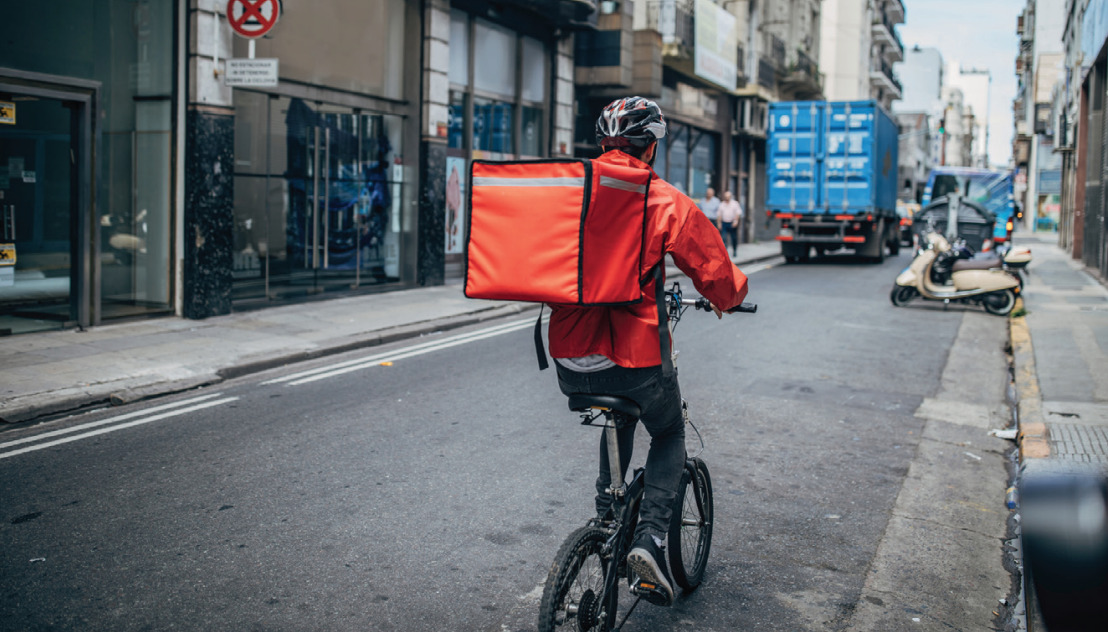More independent retailers are setting up “dark sites” in competition with rapid-delivery firms such as Getir and Weezy.
Dark sites are delivery-only sites that are closed to the public. Although mainly associated with major firms such as Getir and Weezy, independent retailers told Better Retailing they were setting up their own units to compete.
Last month, Better Retailing uncovered planning applications by symbol group SimplyFresh to add a ‘dark kitchen’ to its store in Worcestershire.
One multisite retailer, who asked not to be named, told Better Retailing: “I’ve got Weezy setting up near me, and they promise home deliveries in 15 minutes, so there’s definitely competition there.
‘Huge’ delivery opportunity for convenience retailers says licensing expert
“I’ve been looking at setting up a dark site in the back of my shop and hiring delivery drivers on scooters for quick delivery to customers.
“I had initially thought about looking at renting out external warehouse space for a dark site, but I had a few issues where I had to make sure I had the correct licensing and planning application.
“The benefit of operating the dark site from my shop is I don’t have to go through as many hurdles as it has the correct licences, such as one to sell alcohol.”
Another retailer added they were examining using dark sites for their home delivery service, but had experienced delays due to planning and licensing laws.
EXCLUSIVE: McColl’s confirms efforts to launch its own grocery delivery service
Advising on what retailers should do to secure a dark site, a consultant for a commercial planning company told Better Retailing different planning and licensing permissions may be needed.
“Always check the site’s planning history records to see if a change of use will be needed,” they said. “Dark sites will often be considered as warehousing and distribution, but having food prepared on the site or a public-facing counter could change the use class.
“Full planning permission is required for anything considered a ‘material change of use’,” they added. “You can also submit an application for a certificate of lawfulness.
Click it Local to help stores beat Amazon Fresh
“This is not a full application for planning permission, but it is a certificate demonstrating the use of the site is lawful. This can be useful if any enforcement investigations are undertaken.”
The planning application would also need to take the impact on neighbouring areas into account, such as the noise affecting nearby residential areas, parking spaces for delivery drivers and the effect of stock deliveries from lorries.
Any planning breach would result in an enforcement notice initially, while the most severe penalty is an unlimited fine.
Read more news and articles on grocery home delivery services





Comments
This article doesn't have any comments yet, be the first!